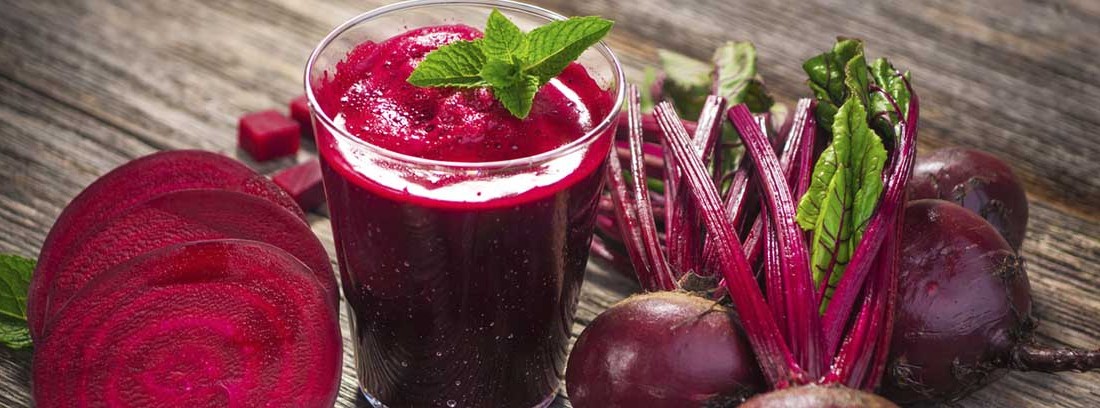Benefit of beet juice for sports performance

Juice has a high content of inorganic nitrate (NO3–), once ingested and metabolized, it becomes Nitric oxide (NO). Nitric oxide is present in numerous physiological functions:
- Hemodynamic and metabolic improvements
- Vascular dilation
- Increased muscle blood flow
- Improved blood perfusion
- Improved functionality of type II motor units.
- Increased capacity muscle force production by the muscle.
Is it medically proven?
Beet juice has enough scientific evidence to show its effectiveness. So much so that the Australian Institute of Sport (IAD), sports benchmark worldwide, includes it within the "Supplementation Program for Athletes."
This program was created with the objective that athletes could use the foods available in the market in a correct and appropriate way for each sport discipline.
Has classified them in 4 categories according to safety and effectiveness, which is periodically updated. Ergonomic supplements and aids are the most used, since those in group A are safe in the recommended doses and are beneficial to improve nutritional deficiencies or sports performance. The beet juice is in the group A.
Also, we found different studies that show the possible improvements on sports performance. Although, it is important to note that there are not always ergogenic effects.
- Lansley K.Eet al, 2011 showing a reduction in total O2 expenditure for the year,
- Bond H. et al, 2012, which shows that after supplementing with NO3–, administered mainly through beet juice, the times in timed tests improve.
- Kenjale A. et al, 2011 / Breese B. et al2013that shows that after supplementation the time is lengthened until the athlete feels exhausted, or that shows how the maximum power increases.
How much beet juice should I drink?
Several are the studies that have focused on the dose that is necessary to take. For example, effective doses are between 5 and 9 mmol NO3–, which is equivalent to 500 ml of beet juice per serving, and to be taken 3 hours before the competition or training, as the elevation of NO2– (precursor of NO) in plasma is between two and a half to three hours after ingestion.
Pros and cons of beet juice
- PROS: Visually beet juice causes a change in color from feces and urine. It is excellent for counteracting constipation because it increases intestinal motility, although it should be avoided if you have diarrhea.
- CONS: In certain people it can cause vomiting and general weakness. In those people with kidney or liver problems, it is important to consume very small doses, and always
- Beet juice is included in the "Supplementation Program for Athletes" of the Australian Institute of Sport (IAD), classified in group A, which is one that has sufficient scientific evidence to indicate a certain dose that provides benefits.
- Nitric oxide, among some of its characteristics, is a vasodilator, which is why it is capable of increasing blood flow at the muscle level, thus favoring the arrival of oxygen to the muscle.
- A consumption of 400-500 mL / day of beet juice between 60 and 90 minutes before physical exercise.
Diploma in Human Nutrition and Dietetics Master in Pediatric Nutrition and Sports Nutrition
(Updated at Apr 14 / 2024)